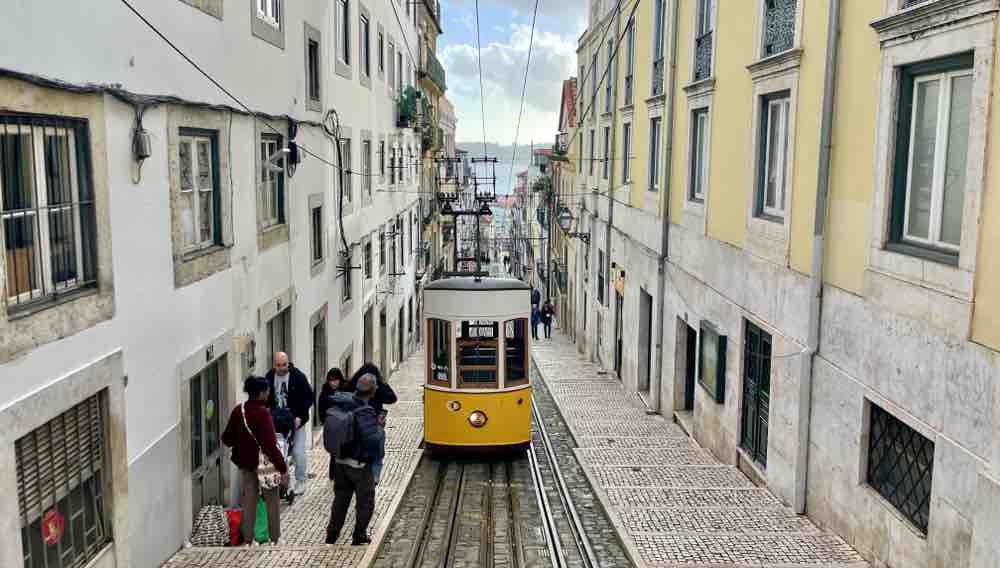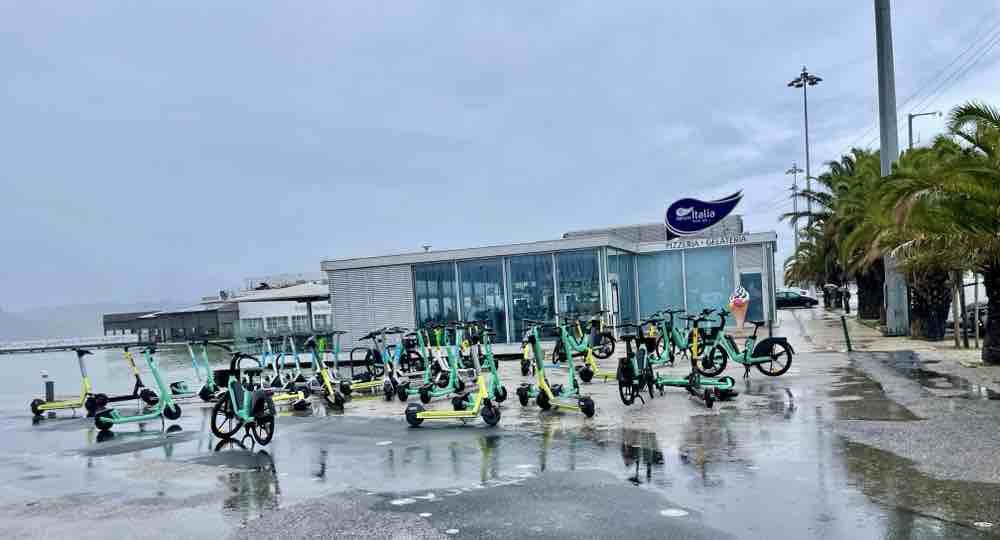DELRAY BEACH, FLORIDA (November 10, 2023) – Last Thanksgiving, I had the opportunity to explore Lisbon, Portugal, and its impressive array of transit options. The ease of movement within the city is a testament to its well-integrated transportation network, which serves as a model for cities aiming to improve mobility.
Metro: The Heartbeat of Lisbon
Lisbon’s Metro system is the quickest way to traverse the city. With four lines covering key districts, it’s both efficient and economical. Stations are well-marked, and trains run frequently, making it a reliable option for tourists and locals alike.

Trams: A Scenic Route
The iconic trams of Lisbon, including the famed Tram 28, offer more than just a ride; they’re a journey through the city’s history. The trams navigate narrow streets and steep gradients that other vehicles cannot, offering unique views of the city.

Buses: The Extensive Web of Routes
Complementing the trams and metro, Lisbon’s buses fill in any gaps, reaching areas beyond the rail lines. With extensive routes and reasonable fares, they provide a flexible way to get around.

Trains: Coastal Connections
For longer distances or to visit the picturesque suburbs, Lisbon’s trains are the best option. The city’s main stations, like Rossio and Cais do Sodré, are hubs for trips to destinations like Sintra or Cascais.
Ferries: Across the Tagus
The ferries crossing the Tagus River are not just practical but also offer a moment of tranquility and stunning views of the Lisbon skyline. They link the city to the south bank, integrating the wider metropolitan area.
Bike Sharing and E-Scooters: The Last Mile
For the last mile or leisurely exploration, Lisbon has embraced bike-sharing and e-scooters. These options provide flexibility and a sustainable way to enjoy the city’s sights up close.

Lisbon’s transit system exemplifies how a city can be accessible and navigable without relying solely on personal vehicles. As a transportation engineer, witnessing such seamless integration of different modes offers valuable insights into creating efficient, multimodal transit networks elsewhere. Lisbon stands as a beacon of mobility, showing that with the right investments and planning, a city can offer both residents and visitors alike a robust and enjoyable transit experience.


